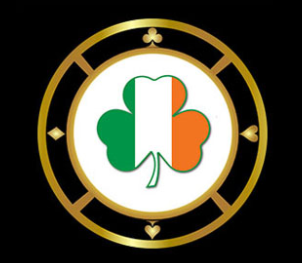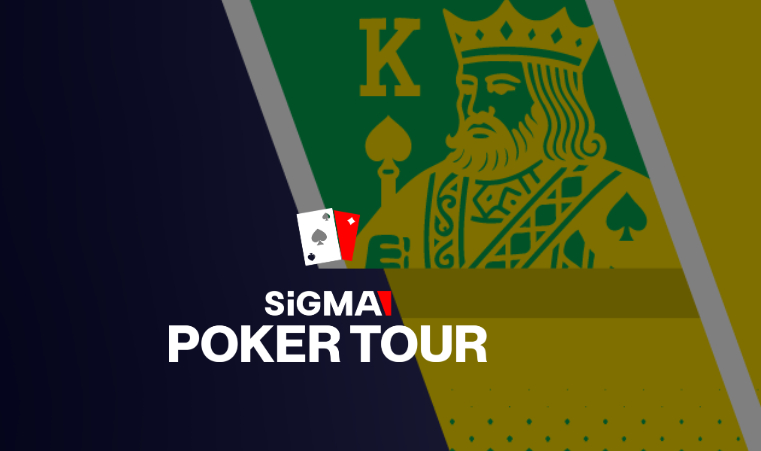Ireland has always had a rich card-playing tradition. From friendly pub games in small towns to the internationally renowned Irish Poker Tour, cards have been part of the country’s social fabric for generations. With the rise of online platforms, poker has become even more accessible, drawing in players who want to test their skills and strategies from Galway to Dublin. At the heart of the game, however, is not luck but mathematics – the probability and odds that shape every decision.

Why Probability Matters in Poker
Irish players, like their counterparts around the world, rely on probability to determine the best course of action in each hand. The choices of calling, raising, or folding all hinge on how likely it is for a hand to improve:
- Calling matches the current bet and reveals the next card.
- Raising increases the stakes, pressuring opponents to commit more chips.
- Folding avoids further losses when the odds don’t justify staying in.
In Ireland’s thriving poker rooms and digital tables, these decisions define the difference between steady play and costly mistakes.
Pot Odds: Balancing Risk and Reward
Pot odds are a way of comparing what you risk with what you stand to gain. Suppose a pot is worth €100 and another player raises by €20. To continue, you’d need to add €20, which makes the odds 1-to-6 (about 16.7%). If the probability of improving your hand is higher than that, then calling is mathematically sound. Many Irish poker regulars see this calculation as a cornerstone of their game, blending logic with instinct.
Common Probabilities in Texas Hold ’Em
Texas Hold ’Em dominates both live tournaments and online play in Ireland. Knowing the odds behind common hands gives players a clearer edge:
- Flush draw (9 outs): ~35% chance of completing by the river.
- Open-ended straight draw (8 outs): ~31.5% chance.
- Inside straight draw (4 outs): ~16.5% chance.
- Overcards pairing (2 outs): ~24% chance.
A quick way to calculate these odds is the “Rule of 2 and 4.” Multiply the number of outs by 2 for your chance of hitting on the next card, or by 4 for your chance by the river. With a flush draw, for example, 9 outs give roughly a 36% chance of success by the end.
Other Popular Card Games in Ireland
While poker remains the headline game, Ireland’s card-playing culture embraces others too. Blackjack, for instance, is a long-standing favorite in both casinos and online play on sites like NetBet Ireland. Unlike poker, which pits players against one another, blackjack focuses on beating the dealer. The strategy relies on probability – calculating the chances of hitting, standing, or doubling down based on the dealer’s visible card. Alongside poker, games like blackjack highlight Ireland’s love for card games where mathematics and decision-making intersect.
The Psychology of Poker in Ireland
Mathematics only tells part of the story. Psychology plays just as important a role. Reading an opponent’s behavior has long been a feature of Irish poker, whether in Dublin’s card rooms or online tournaments.
- Quick calls can suggest confidence — or impatience.
- Deliberate pauses may signal uncertainty, or serve as a bluff.
- Bet sizes often indicate hand strength, but can also be used strategically to mislead.
This blend of calculation and human behavior explains why poker has remained so popular in Ireland: it’s a test of both mind and nerve.
READ MORE: How to Play Irish Poker





